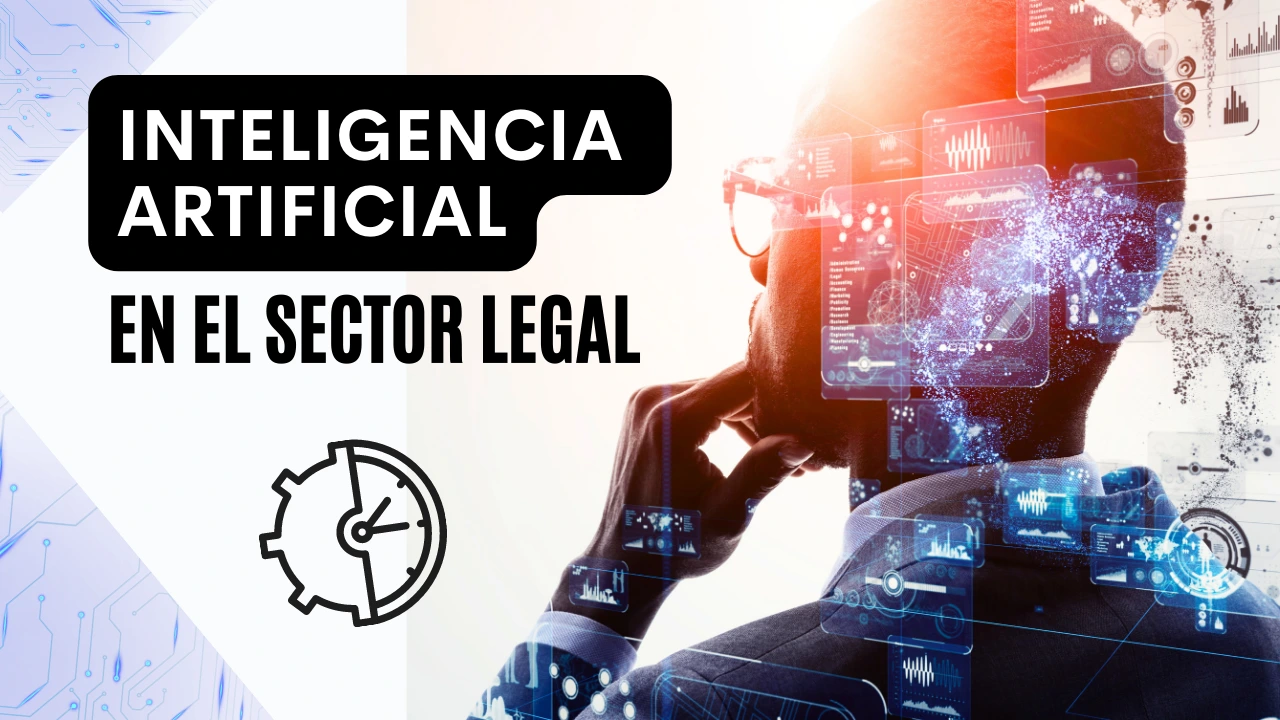Artificial Intelligence in the Legal Sector: How Technology is Transforming Legal Practice

Artificial intelligence (AI) is revolutionizing various industries, and the legal field is no exception. In this article, we will explore how AI is transforming the practice of law and delivering significant benefits to lawyers and clients. From automating routine tasks to improving legal decision-making, AI is changing the way legal processes are conducted.
Benefits of Artificial Intelligence in the Legal Sector:
- Automation of routine and laborious tasks, freeing up time for lawyers.
- Improved efficiency and productivity of the law firm.
- Fast and accurate analysis of large volumes of legal data.
- Make more informed decisions based on complete legal information.
- Predicting legal outcomes and assessing case viability.
- Providing information for dispute resolution and negotiation.
- Identification of patterns and trends in jurisprudence and applicable legislation.

Task automation and efficiency
AI enables the automation of repetitive and laborious tasks, thereby freeing up valuable time for lawyers. Tasks such as document review, contract analysis, or searching for legal information can be performed faster and more accurately with the use of AI algorithms. This not only increases efficiency, but also reduces costs associated with manual work and improves law firm productivity.
Informed decision makings
AI is also being used to analyse large volumes of legal data and provide valuable insights for decision-making. Machine learning algorithms and natural language processing techniques enable the analysis of previous cases, case law and applicable legislation, giving lawyers a more complete picture and a solid basis for making informed decisions.
Challenges and Responsibilities and Ethical Considerations
While AI has numerous benefits, it also poses ethical and legal challenges. For example, data privacy and transparency in the use of algorithms are important issues that need to be addressed. In addition, there are concerns about the potential loss of jobs for lawyers due to automation, (you can see our article on this here: The new jobs for legal professionals.) It is essential that legal professionals properly understand and manage these cybersecurity and ethical challenges to ensure responsible use of AI in the legal sector.
Advantages of AI in litigation and dispute resolution
AI has also proven beneficial in litigation and dispute resolution. By analyzing patterns and historical data, AI systems can predict legal outcomes and help lawyers assess the viability of a case. Additionally, in alternative dispute resolution, AI can facilitate mediation and negotiation by offering solutions based on objective data and avoiding potential bias.
| Key aspects | Benefits |
|---|---|
| Automation | Saving time and efficiency in routine tasks |
| Reduction of costs associated with manual work | |
| Data analysis | Reduction of costs associated with manual work |
| Improve informed decision making | |
| Case resolution | Predicting legal outcomes and assessing case viability |
| Facilitating dispute resolution and negotiation | |
| Legal research | Quick access to applicable case law and legislation |
| Identifying legal patterns and trends |
Artificial intelligence is rapidly transforming the practice of law, bringing efficiency, improved decision-making, and new opportunities. While there are challenges and ethical considerations to keep in mind, responsible implementation of AI can benefit lawyers and clients by improving the quality of legal work and streamlining processes. Artificial intelligence is a powerful resource that is changing the legal landscape, and it is important for legal professionals to stay up to date with the technology.
